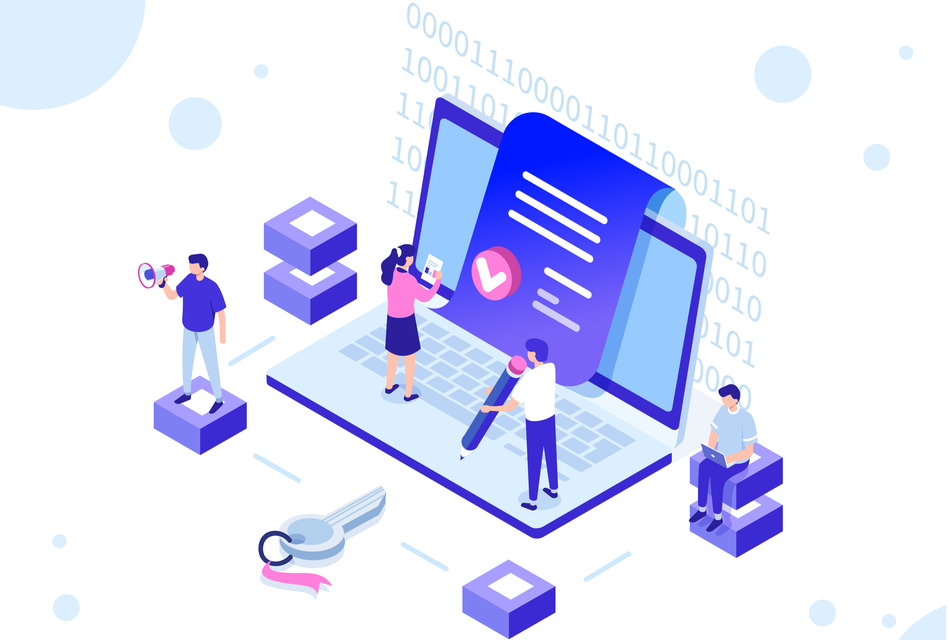Eighteen years ago, I graduated from university; proud, excited and in love with the law. As I fostered a career across in-house, private practice and consultant legal services, I came to realise that the law degree I loved so much as a young graduate had not fully equipped me with many important skills. Yes, I “knew” the law; but it took me years to build the skills I rely on daily to effectively problem solve, influence and deliver my legal expertise.
What my law degree was missing were key soft skills that are just as important as technical legal knowledge. Skills such as creative collaboration, persuasive influence and project management are vital to understand client relationships and delivering value.
1. Creative collaboration
Law does not exist in a vacuum. Clients demand cross functional knowledge and expect lawyers to have business acumen, financial literacy and a deep understanding of the internal and external forces impacting our environment. A good lawyer adds value if they can think creatively, collaborate and look at issues holistically. Above all, legal solutions must have the ‘voice of the customer’ at its core.
Traditional approaches to legal education focus on avoiding mistakes, following precedent and considering legal issues in isolation. And yet, the real world needs more than a single-actor, one-solution approach. Sure, the legal outcomes may be fully considered, but is the client’s objective actually addressed? Often this key element is missed.
In the mercurial, fast-paced legal environment I operate; adopting a creative and innovative mind-set has best enabled me to design solutions to simultaneously meet both client need and legal need; these are rarely aligned.
Law students would benefit from project-based learning where they must collaborate with students from different academic fields, other lawyers and industry bodies to achieve an outcome. Education should mirror the real world and this form of multidisciplinary project simulation would help ready students for creative collaboration, a critical skill for problem solving with clients.
| Related Content: Interested in Tessa’s journey into NewLaw? Check out her Legal Consultant Profile! |
2. Persuasive influence
Lawyers operate in a service industry; how we hear and deliver our legal services impacts value and credibility. Being able to communicate with persuasive influence is fundamental in effective client engagement and success.
But are these key skills being adequately prioritised in our legal education? Universities typically adopt lecturing methods which rely on passive participation by students with assessment criteria heavily weighted to written formats. This is discordant with the provision of legal services. Lawyers need to actively engage with clients and communicate with stakeholders via multiple and varied mediums daily.
Our hard-earned legal degrees should position us as confident experts in the room. And yet in my early years, without persuasive communication and stakeholder management skills, I often found my professional voice lost.
Integration of verbal analysis and reasoning, interviewing techniques and presentation skills should be at the core of education models and not viewed as optional, a personality trait or a skill which is on the onus of the individual to develop. Greater import should be placed on teaching law students not only how to persuade the decisions of external bodies, but also on skilfully influencing the most important stakeholder of all; our client.
3. Project management
Lawyers often find themselves fulfilling project manager roles without having the necessary training and skillset needed to deliver. These projects are multifaceted, often complex, involving cross disciplinary and jurisdictional issues, with multiple external and internal stakeholders.
Universities do not teach law students how to understand processes, optimise and drive efficiencies. Knowledge of the law is taught but there is limited focus on the practical tools required to deliver legal services within a demanding, ever changing and dynamic environment which lawyers operate in.
To stay competitive, lawyers today must do more with less. Over the years I have witnessed work demands increasing, with shorter timeframes, fewer resources and all at a lower cost.
Law students need better education in legal processes and the adoption of project management techniques and tools. This will increase proficiencies in service delivery and the ability for graduates to manage the business of law – freeing up valuable time and head space to innovate, create, collaborate and communicate with clients.
My hope is that legal educators innovate and expand their traditional boundaries so that our graduates are armed with the tools needed to embark on their legal journey.
































 Titus Rahiri
Titus Rahiri







